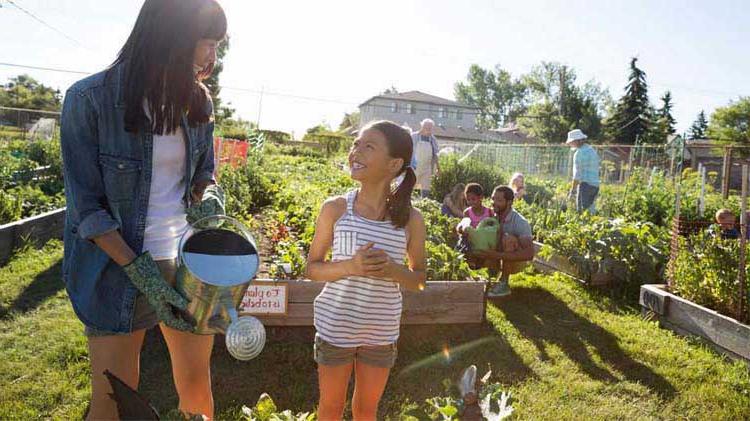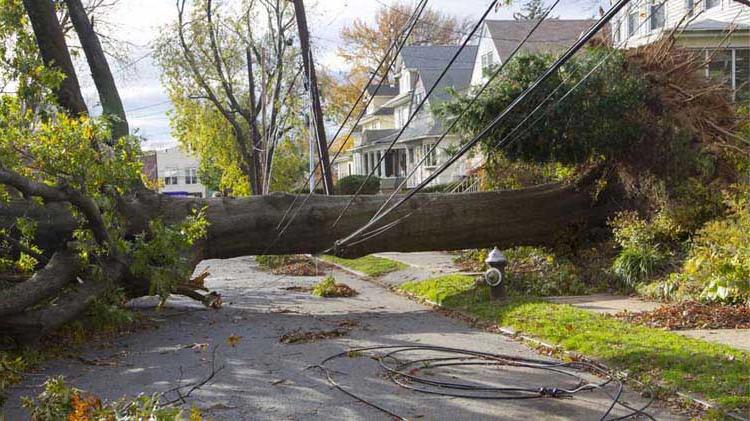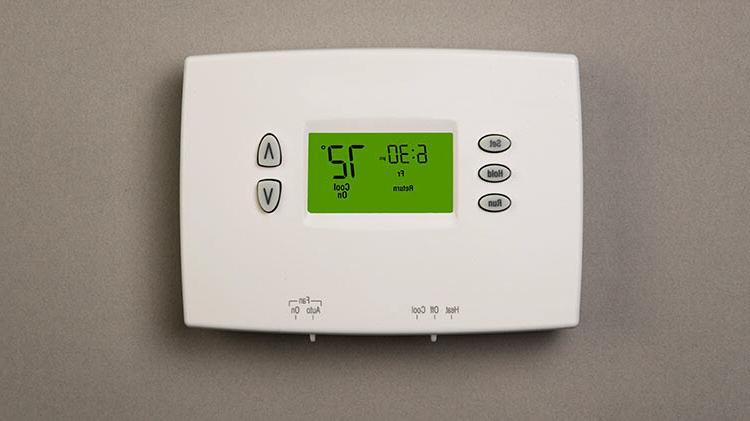Ways to go green at home
Renters can do their part to save the planet with these 11 green living tips for increasing their eco-friendly footprint.
Climate change has made sustainable living a hot topic — and not just among homeowners. More than one-third of Americans rent, and 69% of them would like to live in an energy-efficient building. If moving into a green-certified apartment building isn't an option, here are 11 eco-wise hacks for an existing space.
Energy-saving tips for renters
- If you're left wondering how to save on heating costs in an apartment, ask your landlord to install a programmable thermostat, or take advantage of using one if it's already present. Used properly, it can save up to $150 a year in energy costs.
- Replace regular lightbulbs with energy-efficient CFLs, which use 75% less energy and last 6 to 10 times longer.
- Plug appliances and electronics into power strips. Turn off these "central hubs" when devices aren't in use to prevent phantom energy drain, which accounts for about one-quarter of your electricity bill.
- Seal around doors and windows to stop air leaks. A $2 tube of caulk could cut your energy waste by 10%-20%.
- Wash 4 out of 5 loads of laundry with cold water — in one year, the carbon-dioxide emissions reduction would be equivalent to planting over 1/3 of an acre of forest.
Eco wise water-saving tips
- Wash only full loads of laundry to save up to 3,400 gallons of water a year.
- Install a low flow showerhead with the WaterSense label to save up to 2,700 gallons of water per year.
- Take 10-minute showers instead of baths to reduce water usage by half or more.
Low-waste living tips
- Compost food scraps to reduce your landfill contribution by 22%. In the U.S. alone, production and disposal of food waste is equivalent to 37 million cars' worth of greenhouse gas emissions. It can be difficult, however, to know how to compost in an apartment. If you have space outdoors, use a compost tumbler or a worm bin. If your city offers a food scrap drop-off site, you can use a tabletop composter.
- Join a community garden in your area. In return for contributing to upkeep, you'll get a supply of fresh, safe produceYou can take only what you need as you need it to prevent food waste.
- Work to reduce your dependence on single-use plastic and rely more on reusable containers, bottles, and metal straws. This could help save you money, too — if you were to drink the recommended 8 glasses of water a day from single-use plastic bottles for one year, it would cost more than 3,500 times more than drinking the same amount of tap water.
Part of being a good neighbor is taking care of the world around you — but how can you keep your home eco-friendly when you're renting?
Turns out, there are many ways to live greener and save energy in small- and shared-space rentals.
Conserve Energy
Program your thermostat to reduce usage when you're not at home
- Save up to $150 a year in energy costs1
Use energy-efficient lightbulbs
- Use 75% less energy1
Use power strips for appliances and electronics and turn them off when not in use
- Reduce your electricity bill by 25%2
Seal around doors and windows
- Cut your energy waste by 10%–20%3
Wash laundry with cold water
- Reduce energy use by 90%4
Conserve Water
Wash only full loads of laundry
- Save up to 3,400 gallons of water a year1
Install a low-flow showerhead
- Save up to 2,700 gallons of water per year5
Take 10-minute showers instead of baths
- Reduce water usage by half or more6
Reduce Waste
Join a community garden
- Take only what you need and prevent food waste
Compost food scraps
- Reduce your landfill contribution by 22%7
Use reusable water bottles
- A one-year supply of bottled water would cost $1,800 — tap water would cost only $0.498
To find more ways to support your neighborhood, head to 5054k.com/simple-insights.
2 http://www.nrdc.org/stories/keep-your-devices-wasting-energy-and-money
3 http://www.energy.gov/energysaver/services/do-it-yourself-energy-savings-projects/savings-project-how-seal-air-leaks-caulk
4 http://www.coldwatersaves.org/
5 http://www.epa.gov/watersense/showerheads
6 http://stanfordmag.org/contents/shower-or-bath-essential-answer
7 http://www.fda.gov/food/consumers/food-loss-and-waste
8 http://biofriendlyplanet.com/green-alternatives/reusables/the-environmental-advantages-of-reusable-water-bottles/





